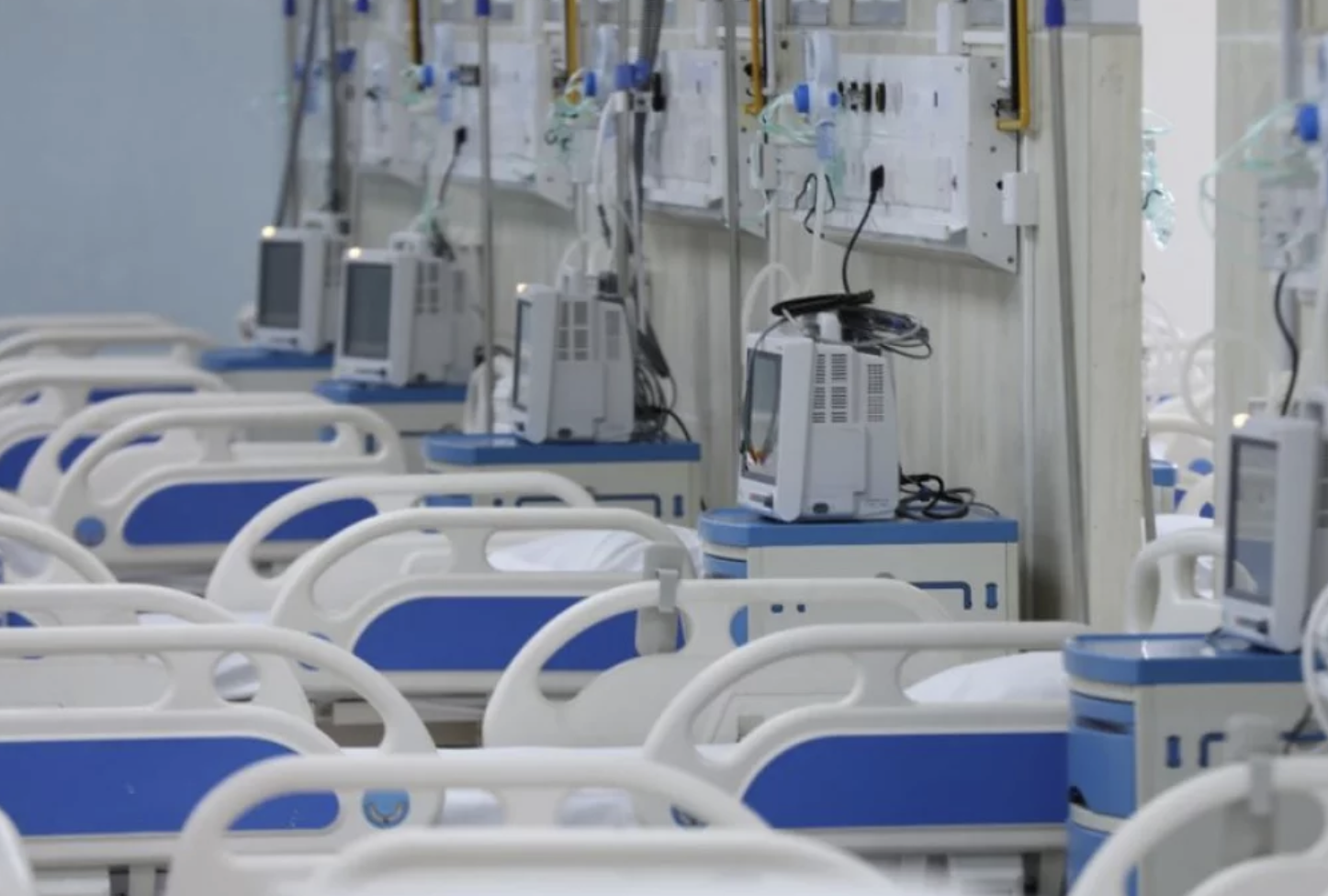Bangladesh’s health sector faces urgent challenges as it approaches the 2030 Sustainable Development Goals, particularly in achieving Universal Health Coverage. The Health Sector Reform Commission Report 2025 proposes significant constitutional amendments and systemic reforms to ensure that healthcare is recognized as a fundamental right.
As the global community approaches the 2030 target for the Sustainable Development Goals (SDGs), Bangladesh’s health sector faces a pivotal moment. The focus is primarily on SDG 3, which emphasizes the importance of ensuring healthy lives and promoting well-being for everyone. A critical aspect of this goal is the concept of Universal Health Coverage (UHC), which asserts that all individuals should have access to healthcare without financial hardship. Unfortunately, Bangladesh’s UHC Service Coverage Index was only 52 in 2024, one of the lowest in the WHO South-East Asia Region, coupled with a significant rate of catastrophic health expenditure at 24%.
These figures highlight systemic issues within the health sector, exacerbated by rising healthcare costs, a dwindling health workforce, increasing prevalence of noncommunicable diseases, and limited access to essential medicines and diagnostics. The challenges are further complicated by rapid urbanization, climate change, and the growing frequency of public health emergencies. Faced with these daunting obstacles, the question arises: Should Bangladesh continue with its current approach, or should it fundamentally reform its health systems to accelerate progress toward UHC and foster a healthier nation?
Health as a Constitutional Right
In light of these pressing needs, the recently released Health Sector Reform Commission Report 2025 provides a framework for transformation. It proposes bold reforms aimed at reconstituting healthcare as a fundamental right rather than a privilege for a minority. One of the key recommendations is to amend the Constitution to recognize primary healthcare as a fundamental right for all citizens. Although Article 15 currently acknowledges access to basic medical care, establishing a formal constitutional guarantee would enforce legal accountability and ensure a long-term political commitment to providing free primary healthcare for everyone.
Incorporating the “right to health” into law is of paramount importance. As articulated by the World Health Organization nearly 77 years ago, the highest attainable standard of health is a fundamental human right that transcends distinctions of race, religion, political belief, or socioeconomic status. This notion is increasingly relevant for Bangladesh today, as global experience indicates that recognizing the right to health lays the groundwork for essential financial, legal, and governance reforms.
Governance and Structural Reforms
To modernize health governance in Bangladesh, the commission suggests a comprehensive review of outdated health laws and the enactment of new legislation aimed at safeguarding patient rights and decentralizing authority to enhance accountability. This process would also involve enforcing quality service standards and improving financial protection for all citizens. A critical element of governance reform is the establishment of the Bangladesh Health Commission (BHC), an independent body that would implement a “health in all policies” approach, integrating health considerations into various sectors such as education, environment, urban planning, and agriculture.
Additionally, the proposal advocates for the formation of a unified Bangladesh Health Service (BHS), which would streamline all health personnel and organizations under a single administrative structure. This consolidation of directorates, including the Directorate General of Health Services (DGHS), Family Planning, and Medical Education, would improve coordination, enhance efficiency, and professionalize the health workforce across the country.
The commission also recommends creating a standalone Public Health Department. Public health functions have historically been merged with the Department of Health Services, which primarily focuses on clinical care. Establishing an independent public health entity would give greater emphasis to preventive and promotive services at both national and subnational levels, ensuring that public health becomes a core focus of the health system.
To improve human resource management within the health sector, the commission proposes the establishment of a dedicated Public Service Commission (Health) to facilitate merit-based recruitment and transparent promotions. Additionally, it endorses the creation of an Allied Health Professional Council, aimed at ensuring quality control and regulation in healthcare services.
Reforming Service Delivery
The commission’s recommendations extend to transforming service delivery across various levels of the health system. It outlines a restructured model of primary healthcare, advocating for the upgrading of rural union health and family welfare centers into fully operational primary health care (PHC) centers. Furthermore, it proposes establishing ward-level urban clinics to ensure access to healthcare services for underserved populations in urban areas. To alleviate overcrowding in tertiary hospitals, the report suggests enhancing district-level tertiary care and strengthening upazila (secondary) healthcare, all supported by robust referral and gatekeeping systems.
Conclusion
This comprehensive reform agenda emphasizes the need for a fundamental shift in how healthcare is delivered and managed in Bangladesh. Making a commitment to universal health coverage is not merely an aspiration but a necessity for building a healthier, more equitable society. The reforms outlined in the Health Sector Reform Commission Report 2025 provide a clear path towards achieving SDG 3 in Bangladesh, ensuring that health care is accessible, affordable, and of high quality for every citizen. As the country stands at this crucial juncture, decisive action is required to create a future where health is a right for all, rather than a privilege for a few.


